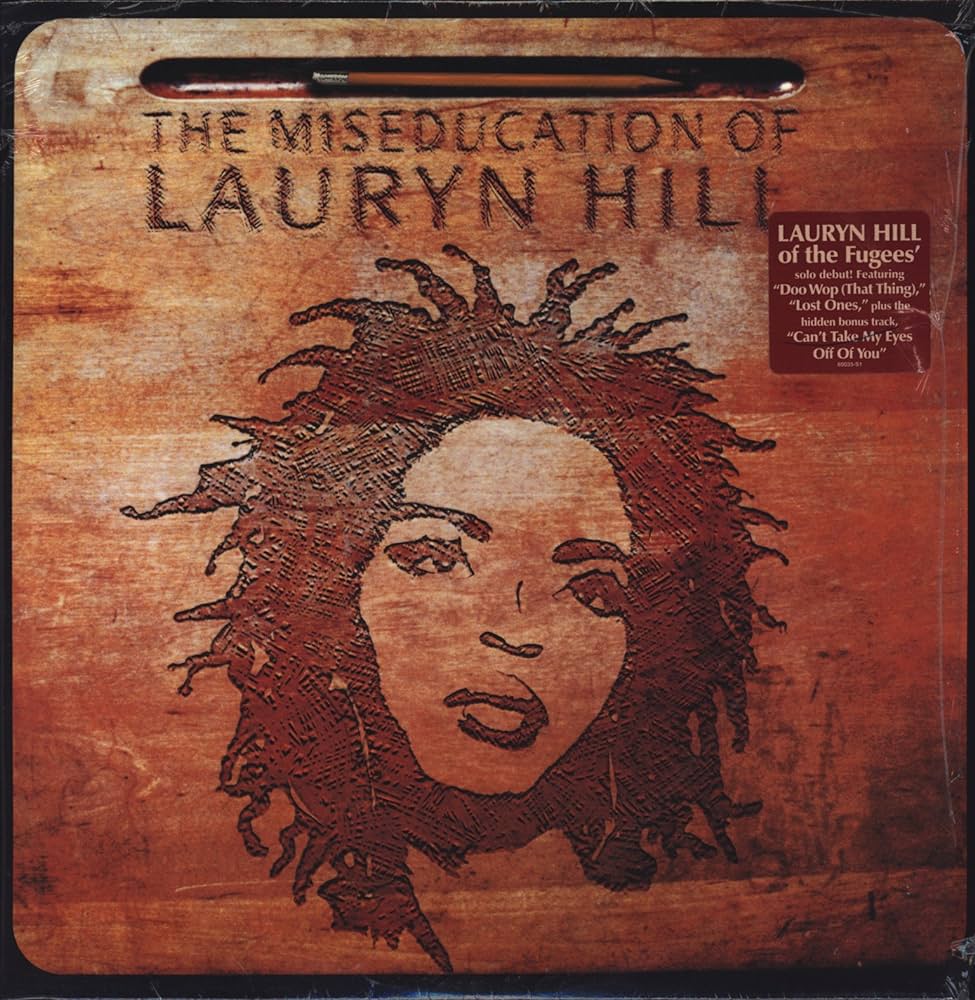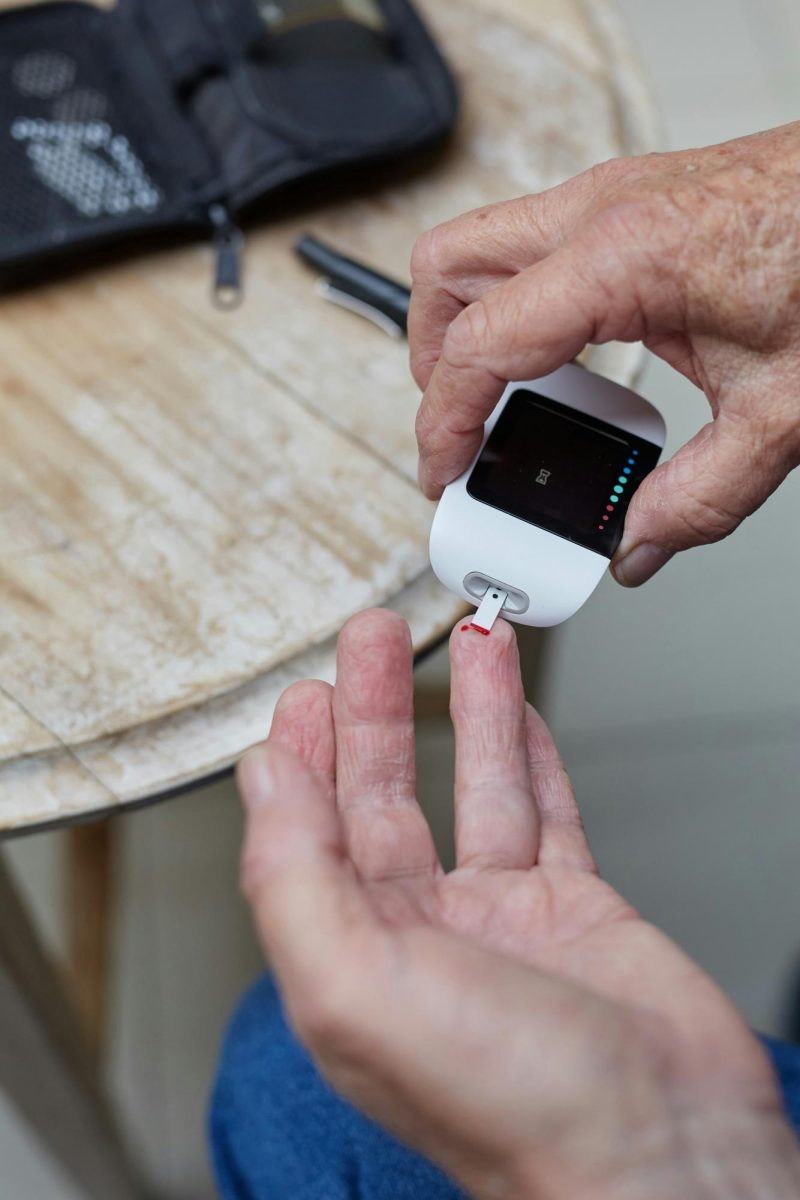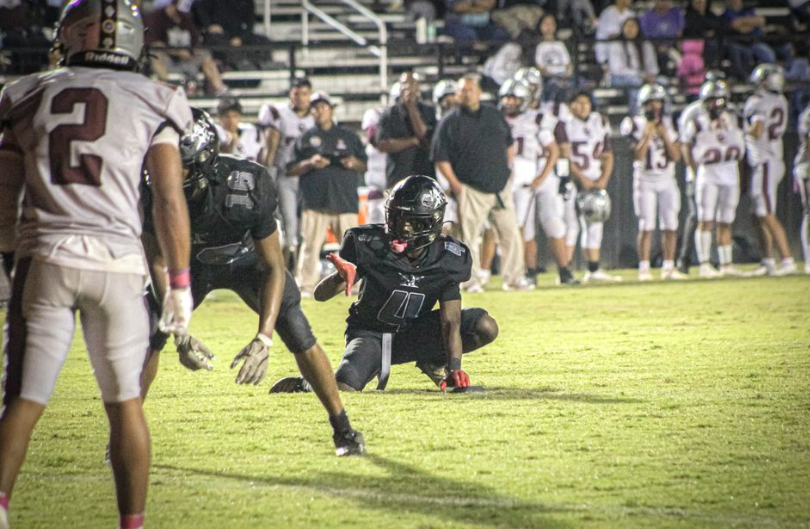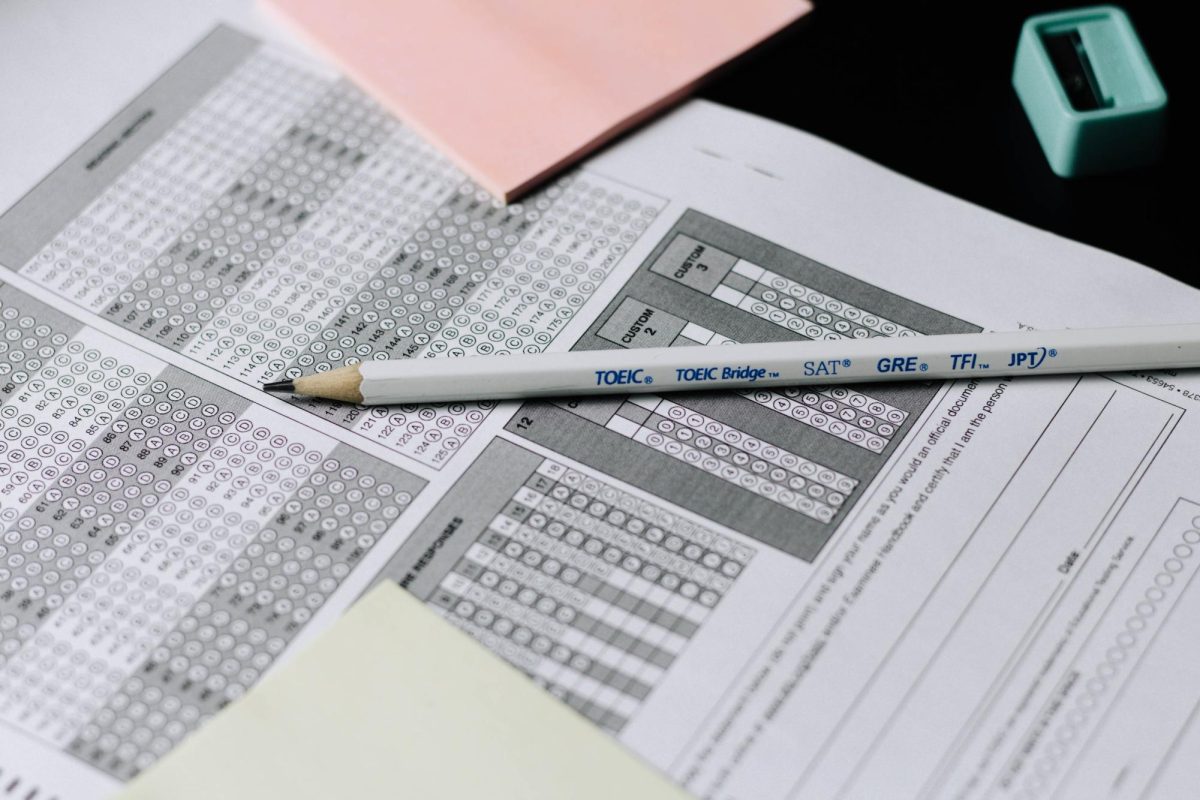The ACT is now being offered in certain facilities across the country in a digital format. When signing up to take the ACT, students are now prompted on whether they would prefer to take a digital version of the test or a paper version.
As the ACT and many other standardized tests are transitioning to be given online, many high school students and teachers are faced with a controversial question: what is the best method of test taking, digital testing or paper testing? Studies have shown that the brain is more prone to focus when reading print as opposed to when reading digital text. In addition, statistics offer evidence that students who tested on paper performed better than those who tested online. These statistics and studies prove that the better method for testing is paper.
When reading digital text, it can often be harder to focus because screens do not retain the same level of attention from the brain that print does. Lauren Singer Trakhman conducted a study in 2016 among college students; it showed that compared with students who read print articles, students who read digital articles were more likely to miss details from the text. This is because, as revealed by a study done in 2009 by the marketing research company Millard Brown, viewing print materials activates more areas of the brain than viewing digital materials.
Not only does digital reading retain less of the brain’s attention, but it also creates more strain on the eyes. Kerry Benson notes in her article comparing reading print text to digital text that the screens’ bright light tends to tire out the eyes after extended periods of use.
Because the brain focuses less when reading digitally and extended periods of staring at a screen strains the eyes, testing should not be given in a digital format.
Furthermore, in 2015, a study was conducted by the American Institutes for Research in school districts across the state of Massachusetts, where half of the school districts transitioned to digital testing for the PARCC, and half continued to use paper testing. Students who tested digitally did significantly worse compared to those who tested on paper, with digital test-takers scoring as though they had about five months less of math and eleven months less of reading.
The following year, this study was conducted a second time in the same school districts, where students who had tested digitally the year before tested digitally again. Although the students who tested digitally scored better the second time around, students who tested on paper still scored higher. The differences in test scores of students who tested digitally compared to students who did not decreased by about two-thirds in math and by half in ELA.
Some may argue that this improvement over the second year shows that lower test scores among digital test takers are only due to the lack of familiarity with the online platforms. While this suggestion does explain why digital test-takers did better in the second year, it does not explain why paper test-takers continued to score higher.
The ACT is not the first standardized test to transition to a digital format, and it will not be the last. So, all things considered, when deciding whether to take the test digitally or not, students should choose paper as their preferred method of testing. Paper testing will better illustrate the students’ academic abilities than digital testing, which is imperative on a test as important as the ACT.


























